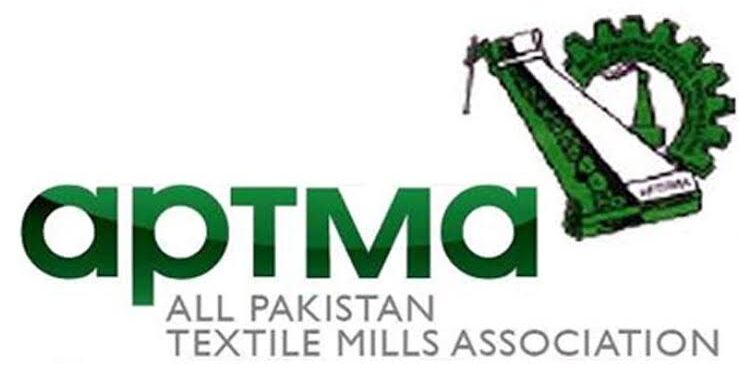ISLAMABAD : The All Pakistan Textile Mills Association (APTMA) has urged the revenue collection entity, Federal Board Revenue (FBR) to review its new system to avoid hurdles in industrial operations and exports, in consultation with the industry.
In a letter to Chairman FBR, Rashid Mehmood Langrial, Secretary General APTMA, Shahid Sattar has cited earlier letter of September 6,2024 and flagged additional concerns related to the new customs system set to be implemented in the coming days.
Secretary General APTMA is of the view that these changes, if not addressed pre-emptively, will severely impact industrial operations, exports, and the broader commerce landscape in Pakistan.
According to APTMA, the following issues require your urgent attention: (i) under the new system, goods declarations (GDS) will no longer be prioritized based on urgency. All GDS will be processed in strict sequence, eliminating the possibility of expediting industrial GDs ;(ii) even after completing one queue, GDS may face additional delays in secondary queues for principal appraiser review, leading to further inefficiencies ;(iii) misallocation of appraisers for specific items could result in incorrect processing, including deletion of SROs or enhancement of duties, as appraisers’ names will not be visible for accountability ;(iv) inefficiencies will lead to long queues outside assistant collectors’ offices, sparking disputes and straining customs’ already limited manpower ;( v) industrial imports are being treated at par with commercial imports, ignoring the critical need for expedited processing for industrial inputs ;(vi) clearing agents are reportedly reluctant to file GDS on behalf of clients due to increased risks, further complicating the system as clients struggle with unfamiliar procedures ;(vii) the agent monitoring mechanism assigns 50 points per agent, making it unviable to handle significant volumes without facing blacklisting within months ;(viii) Appraising Officers (AOs) and Principal Appraisers (PAs) are reluctant to amend erroneous assessments, as assistant collectors and deputy collectors are unwilling to override their decisions due to accountability concerns ;(ix) additional monitoring teams are creating excessive scrutiny, discouraging appraisers from processing even straightforward GDs efficiently;(x) the green channel utilization has already plummeted from 65% to 15%, creating congestion at ports and customs facilities ; and (xi) these inefficiencies are causing mounting demurrage and detention charges, adding substantial financial burdens on industries.
” The cumulative effect of these issues will significantly delay the clearance of industrial inputs, disrupt production schedules, and increase costs for exporters. In an already challenging economic environment, these procedural bottlenecks will hinder compettitiveness, harm export growth, and exacerbate the challenges faced by local industries, ” Mr. Sattar maintained.
The Textile Association has urged Chairman FBR to urgently review these changes in consultation with key stakeholders from the industrial sector and take immediate measures to ensure that the clearance system supports, rather than obstructs, industrial operations and exports, in particular, restoring the prioritization of industrial GDs, addressing staff shortages, and ensuring accountability within customs operations are critical.
Ends















